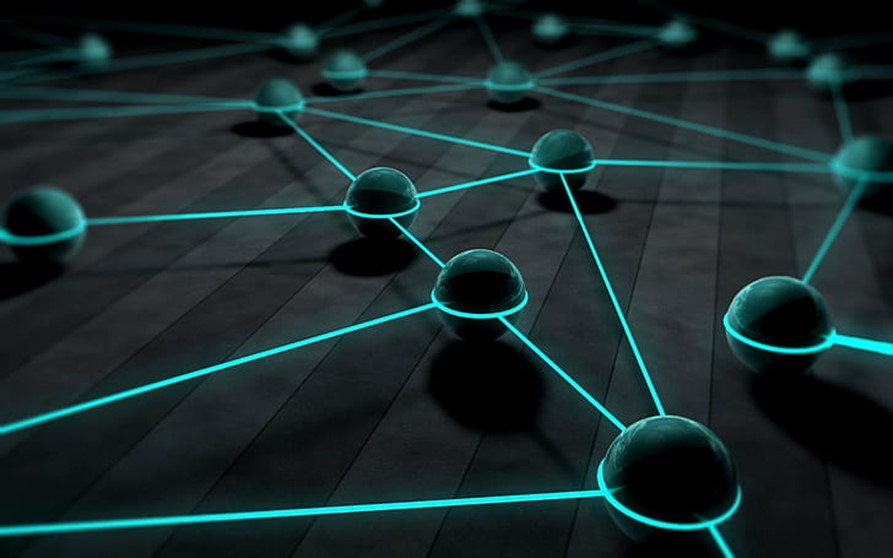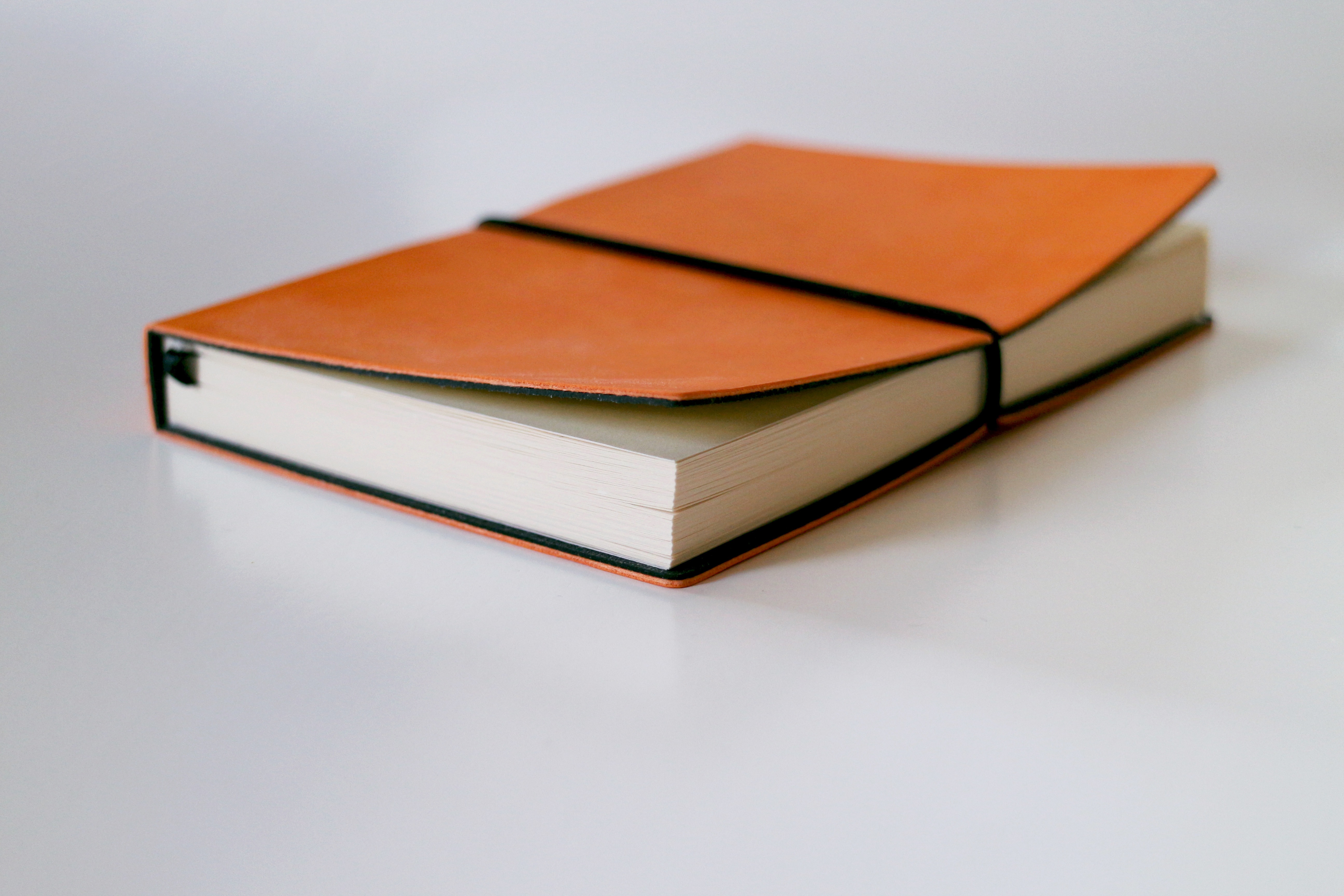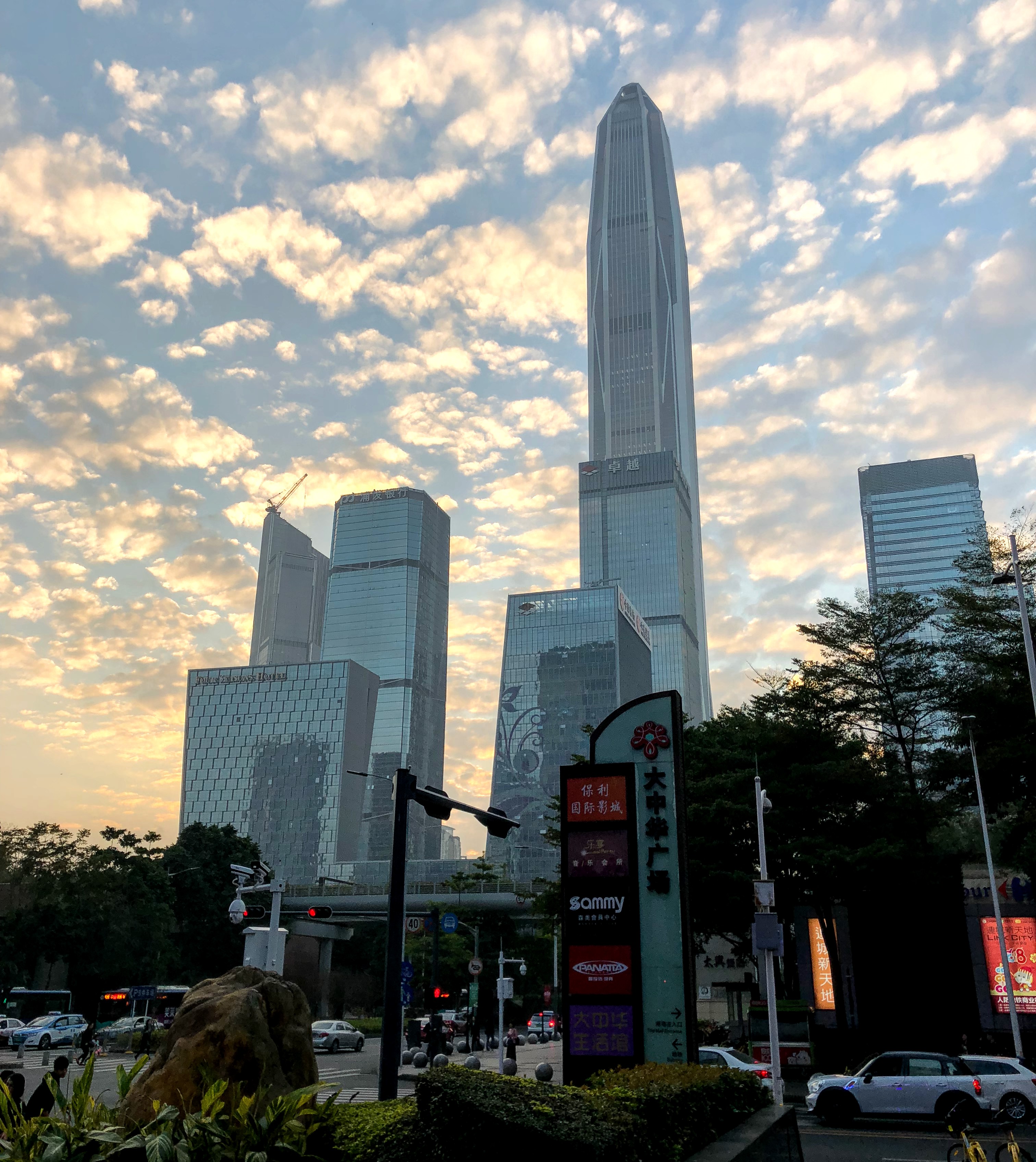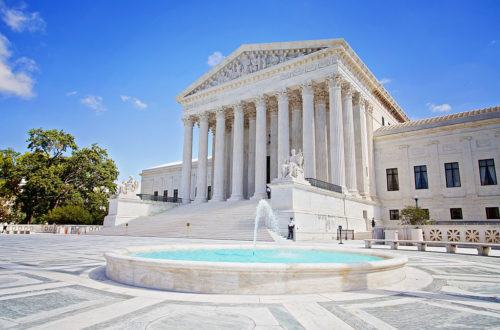Background
As mentioned in our earlier article, the Implementation Regulations of the Chinese Patent Law (“Regulations”, similar to the CFR in the US) were approved in November, and the CNIPA finally made public the full text of the Regulations just before the arrival of the New Year. At the same time, the CNIPA also released the new Patent Examination Guidelines (“Guidelines”, like the MPEP in the US), along with specific implementation dates and transitional methods. These changes became effective as of 20 January 2024. Today’s article will focus on the grace period without loss of novelty.
Grace Periods in China
China has had a grace period (time within which a public disclosure is not counted against novelty) in its patent law for quite some time now, though it has been woefully narrow and not really applicable to most foreign clients. This is because of the stringent requirements about where a particular disclosure was made. Notably, public disclosures that could enjoy the grace period exception had to have been made in China at an academic or technical conferences organized by the Chinese government or Chinese academic organizations. For most foreign companies, this exception was not helpful. The new 4th Amendment of the Chinese Patent Law has now expanded this grace period in several ways.
Grace Period for Disclosures during Emergency/Extraordinary Situations
Article 241 of the 4th amendment of the Chinese patent law introduced a 6-Month Grace Period for disclosures made during emergency/extraordinary situations. When an emergency or extraordinary situation – such as public health incidents like pandemic prevention and control – occurs in the country (China), a public disclosure for the purpose of public interest will not destroy the novelty of a patent application filed within 6 months from such public disclosure. The Regulations and the Guidelines that came out in December 2023 provide more details about this provision and some adjustments to other provisions regarding the Grace period.
Summary of the Changes
The main changes include introducing the new “extraordinary situation” provision and broadening the scope of the grace period, expanding it to include academic or technical conferences held by international organizations recognized by the relevant departments under the State Council. The below chart further details the changes.
|
Regulations (R)/ Guidelines |
Topic |
Before the 2023 change |
After the 2023 change |
| R30.2 ⇨ R33.2 |
Academic or technical conference definition |
The grace period only applies to public disclosures made at academic or technical conferences organized by the relevant departments under the State Council or national (Chinese) academic organizations |
Also includes academic or technical conferences held by international organizations recognized by the relevant departments under the State Council. |
| R30.3 ⇨ R33.3 |
Supporting documents to prove the disclosure was made at a proper international exhibition or academic or technical conference |
The applicant shall declare and submit, within two months from the application date, relevant documents issued by the organizing unit of the international exhibition or the academic or technical conference, certifying that the invention or creation has been exhibited or published, as well as the date of exhibition or publication. |
Removes the specific requirements that such supporting documents have to be issued by the organizing unit of the international exhibition or the academic or technical conference. |
|
R33.4 |
Requesting supporting documents |
If the invention or creation for which a patent is applied falls within the situations listed in Article 24(3) of the Patent Law, the CNIPA may require the applicant to submit supporting documents within a specified period. |
Inserted new Article 24(1) (Disclosure during Emergency/Extraordinary Situations) as a situation in this section where the CNIPA may require the applicant to submit supporting documents in order to show eligibility for the grace period. |
|
Guidelines I-1 6.3 |
Disclosure during Emergency/ Extraordinary Situations |
There were only 3 situations where one could request the grace period:
|
Introduced a new provision for situations when the country (China) experiences a state of emergency or extraordinary circumstances, namely “the first public disclosure for the purpose of public interest” mentioned in Article 24. |
|
6.3.1 |
Details of Disclosure during Emergency / Extraordinary Situations |
Not available |
In the event of a state of emergency or extraordinary circumstances in the country, if an invention or creation for which a patent is applied has been publicly disclosed for the purpose of public interest within six months prior to the application date, and the applicant had already become aware of it before the application date, they shall declare it in the request for patent application and submit the supporting documentation within two months from the application date. If the applicant becomes aware of the disclosure after the application date, they shall, within two months of becoming aware, submit a declaration requesting the grace period for novelty and provide the supporting documentation. If deemed necessary, the examiner may request the applicant to submit the supporting documentation within a specified period. If the applicant becomes aware of the disclosure only after receiving a notice from the patent office, they should submit a response within the specified deadline indicated in the notice, providing their opinion on not compromising novelty and attaching the supporting documents. The supporting documentation for the public disclosure for the purpose of public interest during a state of emergency or extraordinary circumstances should be issued by the relevant departments of the people’s government at or above the provincial level. The supporting documentation should include the reasons and date of the public disclosure for the purpose of public interest, as well as the date, form, and content of the disclosure of the invention or creation, and it should be stamped with an official seal. |
EIP Thoughts
We welcome these new amendments, which provide more details or even broaden the scope of situations in which the grace period under Article 24 can apply. Of particular interest to international applicants, the scope of “academic or technical conference”2 is expanded beyond domestic conferences “recognized by the relevant departments under the State Council” to also include conferences held by internationally recognized organizations3, such as “international standardization conferences in the communication field”. This provides relief for certain types of public disclosures, such as technical solutions related to international conference exchanges and the development of technical standards. However, as there is still no official comprehensive list of conferences that are approved, there is still some uncertainty regarding whether certain conferences will fall under the exception.
Another welcomed change is that supporting materials submitted when applying for the grace period do not need to be issued “by the relevant organizational units”. Instead, applicants can also submit evidentiary documents showing time information, such as exhibition brochures, conference agendas, and related technical materials.
Finally, the details about the “Disclosure during Emergency/Extraordinary Situations” exceptions have been set.
Despite these broader looking provisions, in practice, the grace period can only be applied under very specific and stringent conditions, and we don’t recommend relying on it. We suggest using such request only as a last resort remedy for an applicant’s self-disclosure of an invention. Instead, applicants should consider ways to secure a filing date before the technical solution is publicly disclosed. This not only prevents any potential prior art events, it also prevents others from applying for IP protection on that invention first.
If you would like to have more information on this matter or would like to have our advice, please feel free to contact us at eip@eipgroup.asia.
This article is for general informational purposes only and should not be considered legal advice or a legal opinion on a specific set of facts.
About the Authors

Pauli Wong is a Principal and Chinese Patent Attorney at Eagle IP, a Boutique Patent Firm with offices in Hong Kong and Shenzhen.

Jennifer Che, J.D. is Managing Director and a US Patent Attorney at Eagle IP, a Boutique Patent Firm with offices in Hong Kong and Shenzhen.
- Article 24 of the Chinese Patent Law
Within six months before the filing date, an invention-creation for which a patent application is filed does not lose its novelty under any of the following circumstances:
1) where it was made public for the first time for the purpose of the public interests when a state of emergency or an extraordinary situation occurred in the country;2) where it was exhibited for the first time at an international exhibition sponsored or recognized by the Chinese Government3;
3) where it was published for the first time at a prescribed academic or technological conference2;4) where its contents are divulged by another person without the consent of the applicant.
↩︎ - Prescribed academic or technological conference
It refers to academic conferences or technical conferences organized by relevant departments under the State Council or national academic organizations, as well as academic conferences or technical conferences organized by international organizations recognized by relevant departments under the State Council. It does not include academic conferences or technical conferences organized below the provincial level or organized and held by various ministries under the State Council or national academic organizations entrusted or in their name.There is no official list about recognized expos or conferences at present. We suggest confirming with the organizers beforehand.
↩︎ International exhibition hosted or recognized by the Chinese GovernmentInternational exhibitions hosted by the Chinese government include those organized by the State Council and the ministries (such as the Ministry of Science and Technology and the Ministry of Industry and Information Technology), or those approved by the State Council and organized by other institutions or local governments. The term “international exhibition” refers to exhibitions where, in addition to products manufactured by the host country, there should also be products manufactured by other countries.
International exhibitions recognized by the Chinese government refers to the international exhibitions registered or approved by the Bureau International des Expositions (BIE) as stipulated in the Convention Relating to International Exhibitions. These exhibitions include the World Expos held in member countries, such as the Shanghai World Expo held in China in 2010.For more information about the Bureau International des Expositions (BIE), you can visit their website at: https://www.bie-paris.org/site/en/about-world-expos
↩︎





